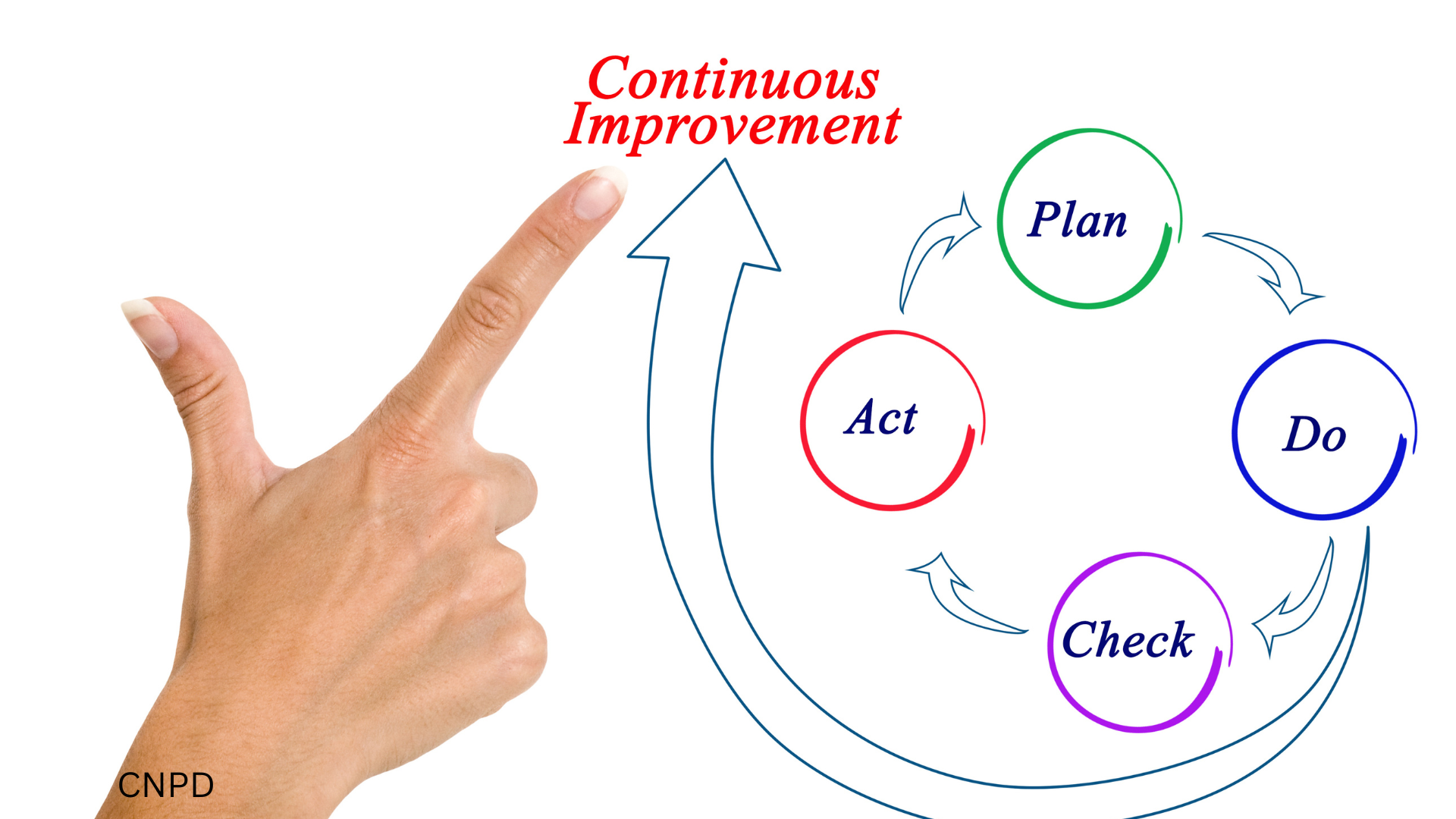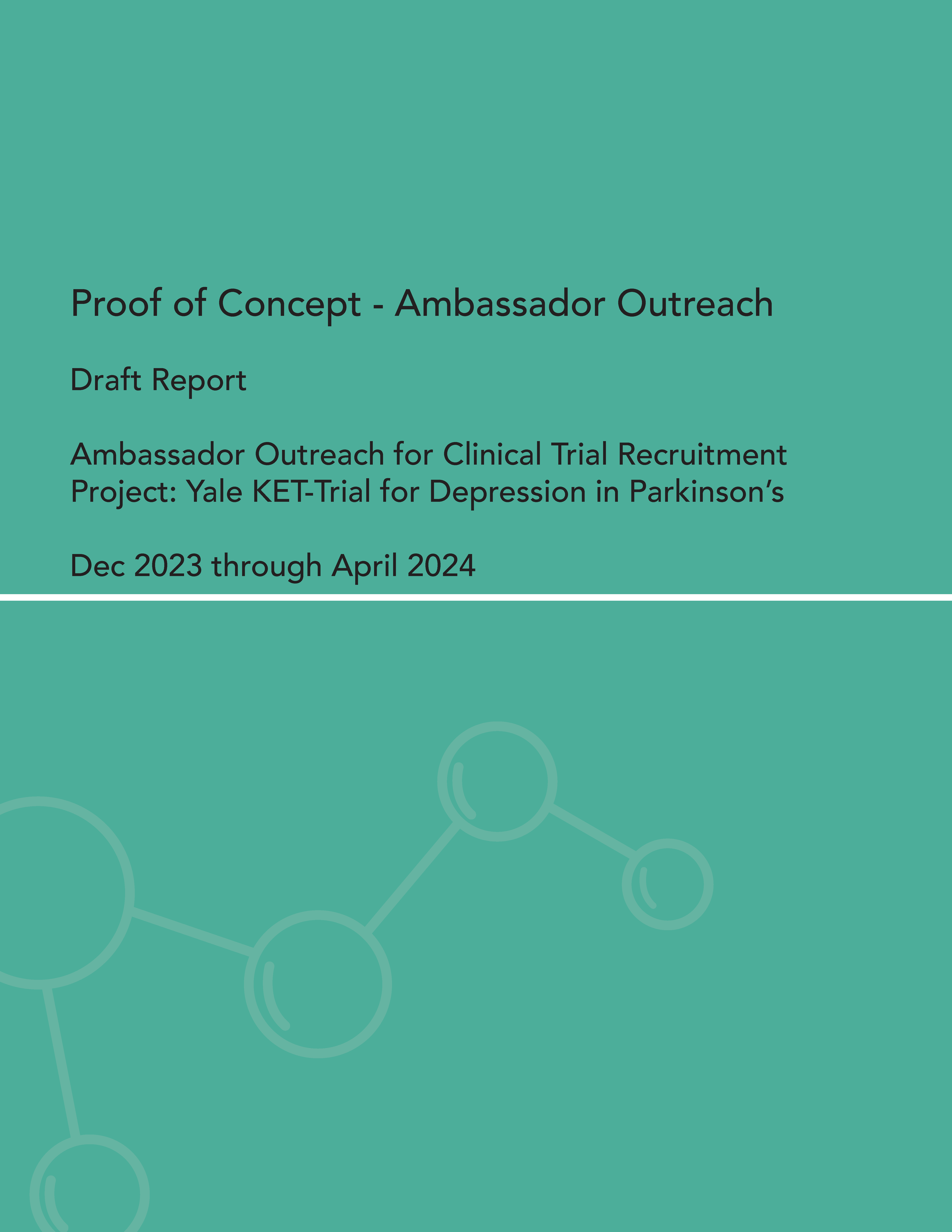Clinical Trials and Studies
Our View: Continuous Improvement Means Listening to All Viewpoints
1. Recruit Via Ambassadors
- Higher Yields
- Full Enrollment Quicker
- Better ROI for Funders
- Creates a Bench for Future Participants
- Improves Diversity
- Enhances Retention
- Standardizes Processes
Proof of Concept:
Ambassador Outreach
Draft Report
Click to Read or Download
2. Add Participant Feedback Loops
- Provides Actionable Data to sites and funders
- Improves Patient Experience
- Fosters Culture of Accountability & Quality
- Facilitates Staff Training
- Strengthens Site/Sponsor Communication
- Enhances Retention
- Standardizes Processes
3. Improve Patient Communications
- Expands Participant Understanding
- Improves Diversity
- Reduces Confusion/Anxiety
- Facilitates Cultural Sensitivity & Inclusivity
4. Include Patients in Study Design & Evaluation
- Reduces Unforseen Issues
- Boosts Credibility With Patients
- Helps Word of Mouth Success
- Ensures Patient Practicality

Why Continuous Improvement Matters to Clinical Research Investments
Adopting continuous improvement methodologies in clinical trials and studies is crucial for funders and foundations seeking to maximize the impact of their investments. By continuously evaluating and refining research processes, organizations can identify inefficiencies, optimize resource allocation, and implement changes that enhance trial efficiency and effectiveness. This approach accelerates the development of meaningful treatments, reduces costs, and ensures that research efforts translate into tangible benefits for patients and healthcare providers.
For funders and foundations, continuous improvement provides a structured, data-driven approach to enhance transparency, accountability, and measurable progress—ensuring that every dollar invested yields the greatest possible return. Study authors benefit from improved trial design, reduced operational risks, and more efficient patient recruitment and retention strategies. Ultimately, integrating continuous improvement principles leads to more reliable research outcomes, faster trial completion, and a stronger, more responsive research ecosystem.
The principles of continuous improvement have their roots in the mid-20th century, with the introduction of Total Quality Management (TQM) by W. Edwards Deming. His philosophy emphasized small, incremental changes to improve processes and reduce variation, creating a culture of ongoing refinement and efficiency. Originally embraced by the manufacturing sector, TQM and continuous improvement strategies have since been widely adopted across industries, including healthcare and clinical research, proving that sustained focus on process enhancement leads to better outcomes and higher returns on investment.

